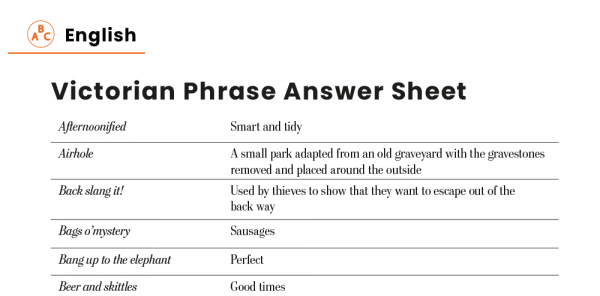

We cannot resolve the issue by privileging either the said/conscious or the unsaid/repressed unconscious it is impossible to do so. What is unsaid or repressed in a text (the unconscious) returns in the act of reading, thereby calling the apparent/visible meaning into question by contradicting it. Here nothing can be harmonized or rejected. An aporia is an impasse, where there is the assertion and simultaneous negation of opposing systems of logic or rhetoric. This is the aporia or the pathless path of deconstruction. all questions of epistemology and certainty are exercises in language. These are the moments of unreadability for de Man because the ways of knowing and interpretation are dependent upon ways of saying i.e. Thus de Man’s deconstruction is closest to Derrida’s when he tries to show that a text’s own rhetoric undermines what the rhetoric tries to say. He reveals how a text’s literal/narrative level actually repeats the figurative/rhetorical substructure. De Man teases out the hierarchical oppositions within a text to reveal their linguistic and philosophical bases.

(4) De Man’s method has been to analyse rhetorical figures in a text and to demonstrate how the text is aware of itself as a rhetorical construct. But this contradicts the logic of the literal meaning which is: what is the difference between tea and coffee? Thus the linguistic sign is merely the site of an ambivalent and tension-filled relationship between the referential and, figurative meaning. You assumed it was going to be a new student. Id like you to meet someone new to the Institute.' Charles had told you and the other X-Men that they were expecting a new arrival to the mansion at some point today. To the question “tea or coffee,” one replies, “What is the difference?” Here the actual and understood meaning is that it makes no difference if either tea or coffee is served. You greet the man with a smile 'Hey there, Charles.' The wheelchair-bound professor smiles back and replies 'Hank. 5) So I want to thank Doc for being a man of his word and seeing something in me that I didnt even know was there. out of his own personal funds - and that he is a man of his word. De Man’s famous example illustrates this. 3) What this means is that a credible leader is a man of his word. Tropes destabilise logic, deny the possibility of a straightforwardly literal or referential use of language.

Figures of speech (tropes) allow the writer to say something and mean something else. (1) For de Man language is always figurative and not referential and there is no unrhetorical language. One of the most important members of the Yale School of deconstruction, de Man developed a rigorous critical practice of reading texts, which may be termed “rhetorical reading.”


 0 kommentar(er)
0 kommentar(er)
